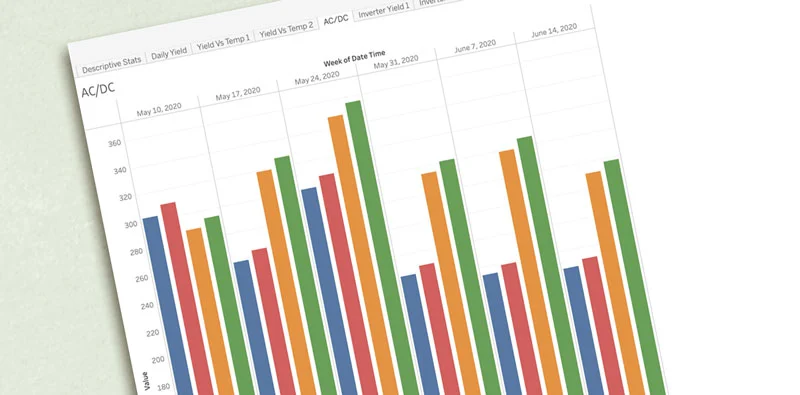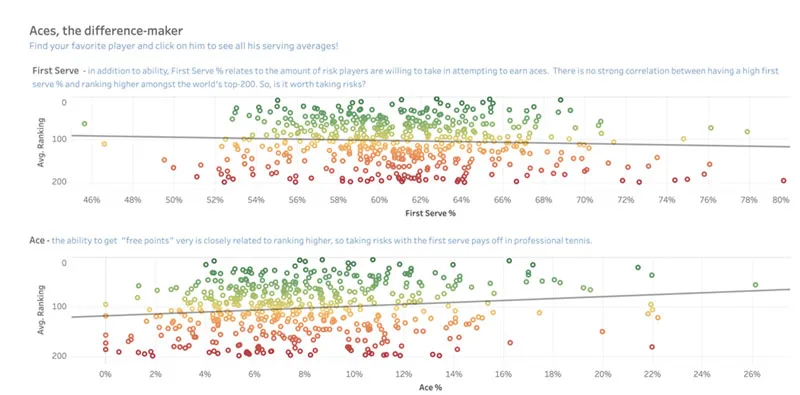Go from beginner to job-ready in as little as 7 months
This program was built to give beginners a pathway to a data analytics career. You’ll start with the Foundations curriculum — learning the skills you need to pass the Data Analytics Career Track Technical Skills Survey. Then you’ll transition to the Core curriculum. All at no extra cost.

By the end of Foundations you will:
Build your Excel skills using key functions to analyze a dataset
Solve problems with frameworks used by actual analysts
Improve your structured thinking foundations
Confidently tackle the Data Analytics Career Track Technical Skills Survey — what you’ll need to pass to start the Core curriculum



Data Analytics Foundations to Core vs. Career Track
Get everything in the Data Analytics Career Track and more, all for the same cost when you enroll in Data Analytics Foundations to Core.
Data Analytics Foundations to Core bootcamp | Data Analytics Career Track bootcamp | |
|---|---|---|
Prior data experience required | No, you’ll learn basic analysis and more in Foundations | Yes |
Course length (part-time) | 7 months | 6 months |
Award winning data analytics curriculum | Yes | Yes |
Springboard Job Guarantee* | Yes | Yes |
1:1 expert mentorship | Yes | Yes |
1:1 career coaching | Yes | Yes |
Lifetime access to your Springboard account | Yes | Yes |
Upfront tuition with discount** | $8,500 | $8,500 |
What you’ll learn in this data analytics bootcamp
Over 7 months, you’ll learn the core skills needed to succeed as a data analyst.You’ll start work covering basic mathematical constructs and logical inferences. Once you pass the Technical Skills Survey, you’ll enter the Core curriculm and unlock technical units where you'll build a solid foundation for structured thinking, visualization, and data storytelling.
Topic 1: Basic Mathematical Constructs as a Data Professional
In this unit, you’ll learn about the most common business metrics that will lay the foundation for the rest of your career.
Calculate ratios and percentages for common business metrics
Apply basic algebra to calculate particular business KPIs
Define financial terminologies such as revenue, profitability, and expense ratios
NEW! AI learning units added to the data analytics curriculum
Learn to harness the transformative power of AI in the world of data. Find out how AI can help you instantly identify data patterns, actionable insights, and the best business-case decisions. Explore different types of machine learning, plus gain understanding in the ethics of AI with a focus on fairness, transparency, and privacy. With AI you can become a more powerful analyst and a valuable asset to your employer.
Build a portfolio that proves your skills to hiring managers
The best way to learn data analytics is to get hands-on experience using real data. In this course you will complete 29 mini projects and two capstone projects and build an interview-ready portfolio you can show to future employers.
While working on the project, you will:
Choose a data set and conduct end-to-end analysis
Synthesize insights
Create a presentation and share your findings
Past projects from Springboard students
Springboard data analytics graduates have achieved life-changing growth. You can too.
+$17,418
Average salary increase of data analytics students who provided pre- and post-course salaries.
December 2023
89.4%
Of job-qualified individuals who reported an offer, received it within 12 months of graduation.
December 2023
3,311
Enrolled students in the data analytics bootcamp since 2019.
December 2023

A data analytics bootcamp with a job guarantee
Invest in yourself with confidence with the Springboard Job Guarantee. If you put in the work and don't land a job, we'll give you a refund. Terms apply.
Eligibility for the Springboard Job Guarantee:
Bachelor’s Degree
2 years of relevant work experience
Successful completion of all mandatory coursework, core projects and career development tasks
Fulfill all post-completion job search requirements — regular networking, job applications and interviewing
Apply to the next data analytics bootcamp
The data analytics Foundations to Core bootcamp is a seven-month program. Most students devote 15-20 hours a week to complete the course.
4 ways to fund your future
Everyone should have the opportunity for growth. That’s why we offer a range of payment options.
What are data professionals earning?
These are the average salaries of data analysts in the US.

Data as of November 2022; cross-referenced with Glassdoor, LinkedIn, Indeed, Payscale, Salary.com, BuiltIn, and Comparably.
Your questions, answered
Ready to become a data analyst? Apply now
Spots are limited, and we accept qualified applicants on a first-come, first-served basis. Start your free application. It takes just 5 minutes to complete.

















